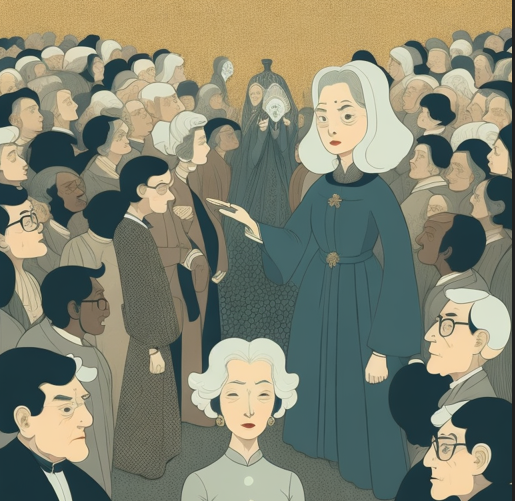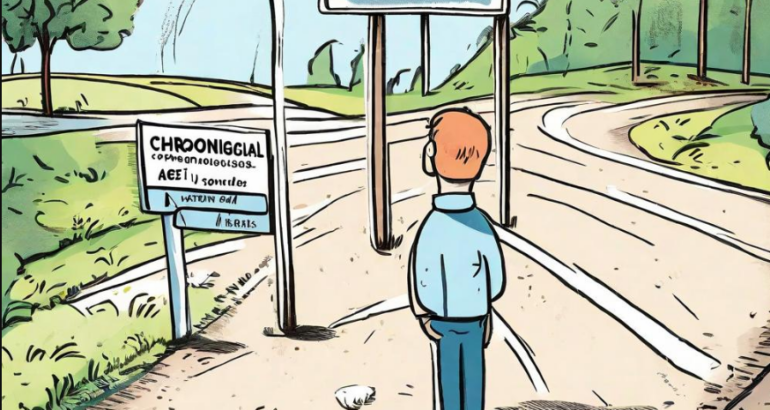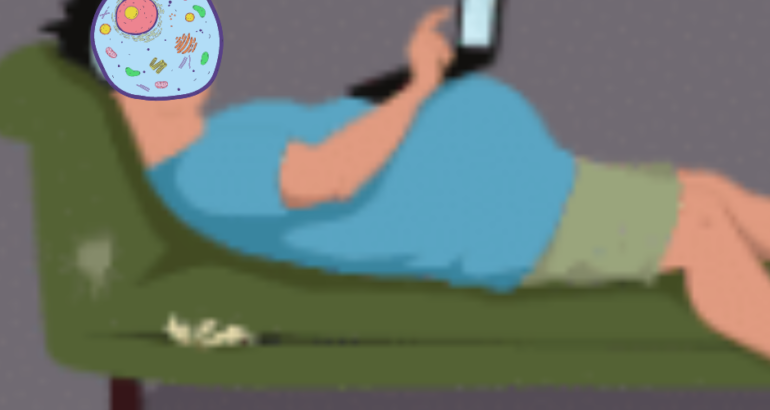The rapid and unprecedented demographic changes we’re experiencing, with the older population growing faster than the younger one, present a significant challenge to our established way of life. It’s important to recognize that the current structure of the world is not some divine decree, but rather a set of agreements created by our ancestors that we continue to adhere to without question.
Our capitalistic economies and job markets have long relied on individuals in what we have dubbed “the productive age,” and now they’re feeling the tremors of change.
The fear is understandable: the current US retirement system was established in 1974, when there were roughly 20 million people over 65 in the US. By today this number has more than doubled. If you planned a party for 30 people, and sudenly 70 showed up,
you’d be quite destressed as a host, wouldn’t you? You don’t have enough plates, cultlery, let alone the room… what would you do?
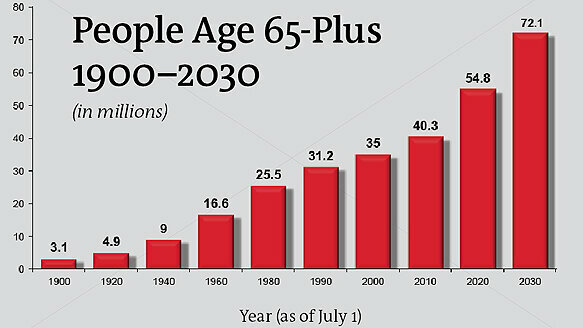
Is this situation a problem on its own? No, however, our reactions and expectations are. We are preaching about the “Silver Tsunami”, coming up with the new job portals for seniors, some governments want to raise the retirement age, and the “anti-aging” pharma sector is rapidly growing, overrunning the GDP of 127 countries in the world, according to IMF. We are running and dynamically coming up with solutions, without stopping for a moment, actually listening, and acknowleding that we, the people in the productive age, the saviors of the world demographic crisis, are aging, and soon we will tranform form the contractors, to subjects. Unless… we get rid of such hierarchy.
We cannot alter how things work, without changing our mindset and understanding around aging first. Something has gone wrong on humanity’s pathway towards today, given that so many people fear aging itself, rather than issues related to it like age-related diseases [ARD] (my pet peeve, more on that later) or death.
Writing this sentence I wanted to expand the list by slowing down, however, this is a consequence of a tango between ARD and societal expectation, rather than aging itself. The paradox is that we think too much about our aging and not enough about the aging of everybody else. Overthinking the “face lines getting longer, hair on your head getting thinner”
Let me introduce you to several concepts
- Agesim as a body-calendar dysmorphia; the sole case when nobody wants to belong .
My mum is 58 this year, and she is simultaneously beyond excited about retiring and devastated about crossing the magic barrier of 60 and officially becoming a senior citizen according to WHO. Once she came to me all dressed up in a new, stunning fuchsia outfit, posed and asked “And? how do you like your sEnIoR?” I answered “A lot! The best senior in town!” Shocked, she straightened up, turned her back on me, and said “I’m not speaking to you anymore. I’ll go three feet ahead of you” in a high-pitched voice indicating sarcasm and playfulness, yet… not entirely. She expected me to deny that she is a senior. Why? Because in her mind, like in everybody else’s, a senior looks like this:
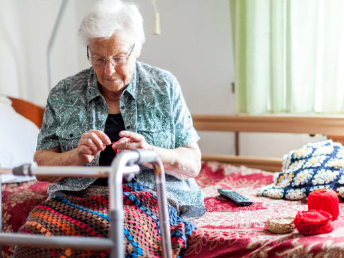
The senior in her mind waers slippers, does the grocery shopping in the morning, takes meds, chit-chats with the neighbor, is partially disabled and vegetates each passing day. Ageism is so strongly embedded in her that despite seeing active, thriving chronologically old people every day at work (she’s a pharmacist), her mind still diverges into the stereotypical way of thinking She doesn’t want to belong to that group. She doesn’t want to become that.
That, the instant image of a senior, is mainly a product of what physchologist call Relational Frame Theory: once you learn to associate attributes to objects, it stays with you. You hear lemon you go sour, yellow. You hear senior, you go old, weak. Those associations are formed in childhood by listening to our parents, teachers, media. Studies show that 4 year old children already have ageist associations.
Then why do we continue creating such an image, that we don’t want to have for ourselves?
Antother extremally potent driver of our behavior is called in-group bias. It is our innate disivion of “us” vs. “them”. Robert Sapolsky in his book “Behave” pointed out mainly that “us” are percieve as better, more virtuous etc, while automatically “they” are in the wrong. Normally, we stri our actions to reinforce the belongingess, as it gives us the feeling of safety. However, why then my mum doesn’t see herself as a senior? Despite almost “meeting the parameters” to belong, she doesn’t see “the seniors” as her group. She often tells me that she feels 30ish. In the film “Golden” ageism was called a dysmprphia. I find it particularly well pointed-out. This medical term is often used as an anorexia symptom, where the patients see themselves as fat even though they are slender; what they see is distinct from relaty. When ageist self-image becomes a dysmorphia, people don’t feel as old as they chronologically age. But… isn’t feeling a centrain age innately ageist?
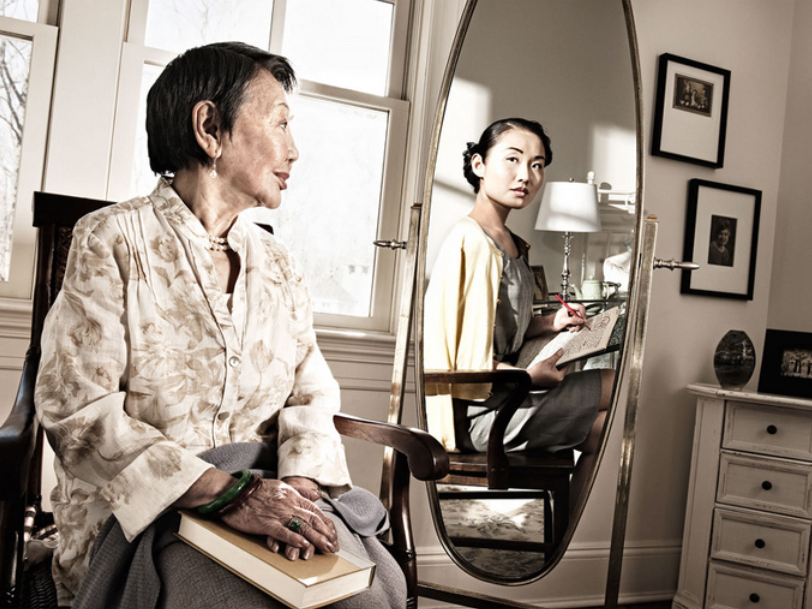
I must admit that although I’ve advocated against ageism for the past three years now, I’ve also felt uneasy when my mum called herself a senior. And indeed, mea culpa, my first reaction was to deny and start chipping “A who? Pffff, you’re not a senior! Look at you, gorgeous!”. If I had taken this way, I would have reinforced the negative association with the s-word, which would make it even harder for her down the lane. If I didn’t mention the word senior at all but went straight into outfit praising, I would keep the status quo, and just delay this confrontation in time. I decided to go the hard way, and it was hard because the aging of our parents is one of our biggest fears. We are afraid of roles reversing. However, it’s not like one magical day they (and soon, we) will become frail and in need of professional care all of a sudden. By changing our mindset about aging, we may in fact increase the chances of that point never occurring.
- Aging biologically → what we agreed on accepting as normal aging rather than doing anything about it.
My late, dear friend trodded through his path knowing a bit about everything. His charm was based on his meticulously polished ability to always smoothly diverge the conversation to a historical fact, a poem, or any other part of the universe that would open a new part of the universe in front of his interlocutors. There were 70 years of difference between us, but I never felt it; although he’d mockingly call me ”my dear child” (in the same way my mum said “senior”). Our age difference was never an issue for conversation. Once, he asked me if I knew what is entropy; I had no idea. He took me on a chemo-physics journey explaining how our world crumbles atom by atom. Years later in my higher level chemistry course, I learned that entropy was a measure of disorganization of the system; everything goes towards disorganization and deterioration (no, this is not a fatalist, pessimistic viewpoint. It’s pure thermodynamics). As a matter of fact, this principle also applies to humans and is indeed the cause of aging. The biological definition of this process, coinded by Roger B. McDonald is: “Aging is a random change of structure and function of molecules, cells, and organisms, induced by time passage and interactions with the environment. Aging increases the risk of death.” However, there is no point in time when someone starts actively aging, because this process is taking place at various structures in our organism at a different rate. Moreover, many factors inducing our biochemical deterioration with the passing of time can have their grounds in early childhood; this is for general aging. For the pathological one, when diseases appear, studies have shown that our aging fate starts being determined while still in our mum’s belly, let alone while we come out into this world. How?
Well, this is your chance to realize that you can become the Chopin of your life. Each cell in your body has a set of genes. For a quick reminder: genes are like a blueprint for your cells to know what to do, which is essential, because cells make up tissues, with ad up to organs, systems, and finally an organism. There is nothing you can do about the genes you have, however, you can do a lot regarding their activity; introducing your 

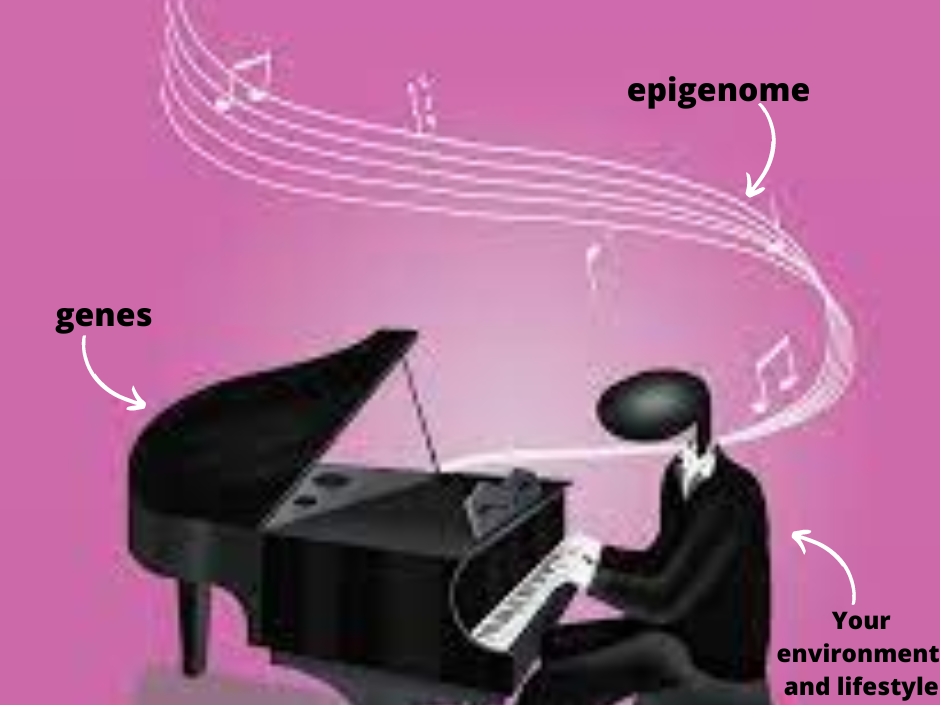
You don’t have to use each key to compose an artwork (Bach in his C Major prelude didn’t
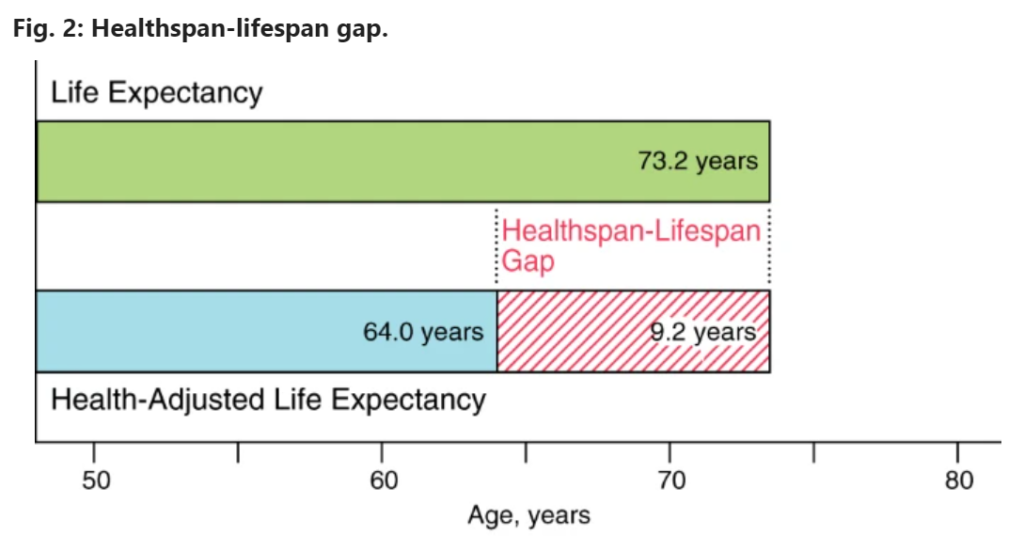
In the following weeks and months I will share analyzed, consensed, and humanized latest information about aging, and what can we do about it. However, none of these videos will be truly beneficial, if they won’t be accompanied by
the entropy of negative, ageist stereotypes.
Let’s start the process together.


